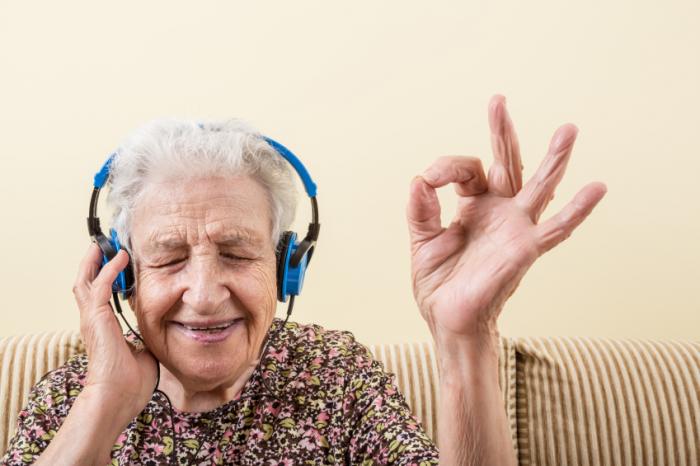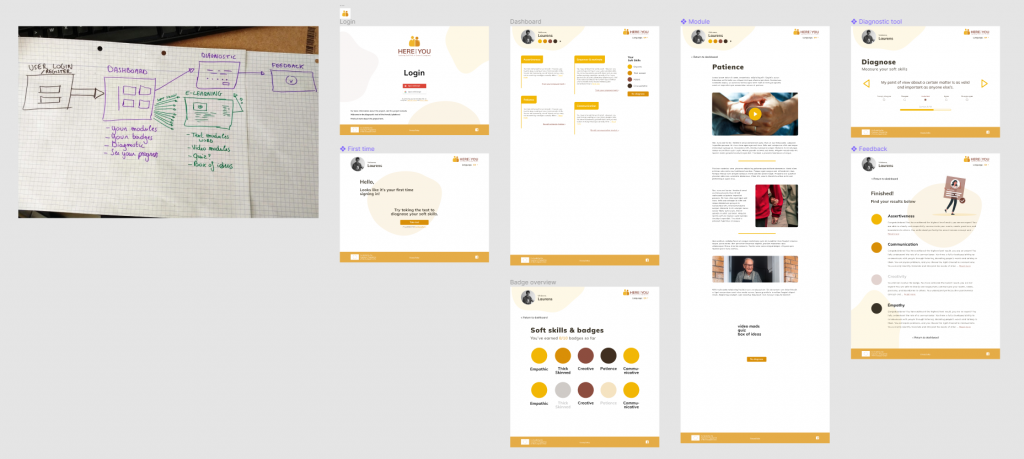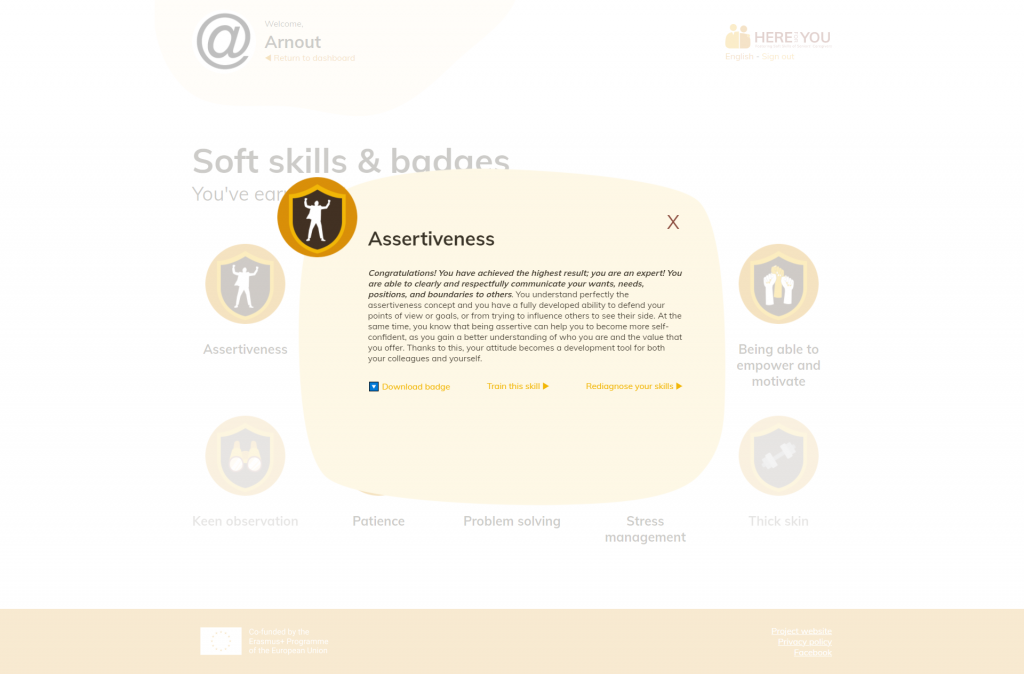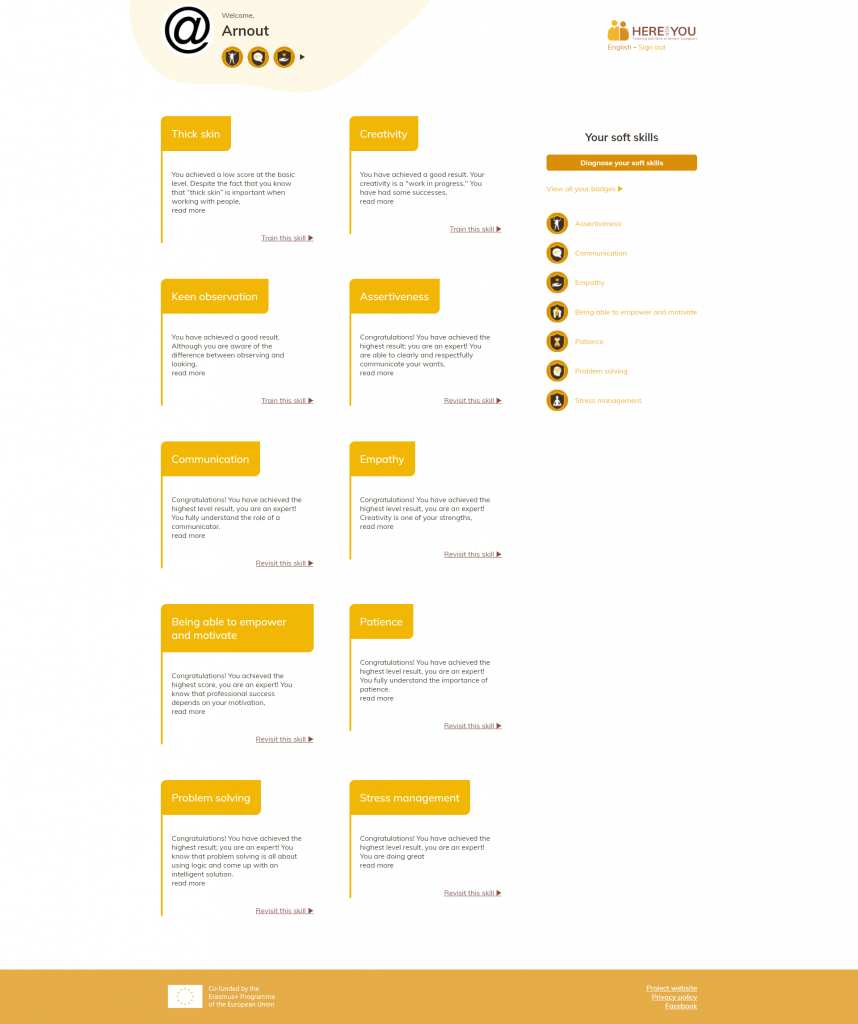An article by Fundacia EOS
People’s personality changes throughout their lives. Usually these are not major changes that occur over a very short period of time. People of all ages can experience mood swings, but deeper personality changes should be assessed by a doctor. Impulsiveness, paranoia, and social withdrawal are indicators of a larger potential problem.
As a caregiver for seniors, you should be able to identify which changes in behavior are normal and which are not so that you can get early help for those you care for.
Sudden changes in the behavior of an elderly person should be taken seriously.
Below are personality changes that are a normal part of the aging process, along with information on when to make an appointment with your doctor.
Sadness
An elderly person experiences many traumatic events. Loss of independence and the need for constant care, death of friends, often moving from a family home to a retirement home. As a result, she or he can react with deep sadness.
In our culture, it is difficult for people to express sadness. Anger is a more socially acceptable emotion. Therefore, an elderly person may express anger and aggression towards caregivers or loved ones, instead of expressing sadness by crying.
Be patient, be empathetic, and consider taking the elderly person to the doctor to rule out other possible health problems. A sadness that lasts for weeks or months can indicate depression. An elderly person may need therapy or medication to get back to normal life.
Memory Lapses
It is normal for the elderly to forget little things, such as the place where they put the keys or names. This is due to the aging processes of the brain. It is important to be vigilant, however, as studies show that up to 10% of people over the age of 65 and 50% of people over the age of 85 will have dementia. Symptoms of dementia include memory loss, poor judgment, difficulties with language and concentration, and in some cases impaired visual perception. Memory loss in the elderly should be rare and brief. More significant memory loss (e.g., forgetting someone they have known for years) should alert the caregiver to the need to see a doctor.
Stroke
The risk of developing cognitive problems such as confusion, memory loss, decreased concentration of attention and difficulty in carrying out daily activities increases with age. The behavioral changes that occur as a result of a stroke depend on the area of the brain that has been affected. In an elderly person after a stroke, personality changes can often be noticed. If you suspect a stroke, it is important to take the senior to the doctor for examination as soon as possible.
Dementia
Many caregivers who work with older people over the age of 50 help people with dementia or other cognitive impairments. Behavioral symptoms that may signal the development of dementia include apathy, mood, antisocial behavior, and language difficulties. If, as a caregiver, you notice that an elderly person has developed any of the above symptoms of dementia, it is important that you see the doctor as soon as possible.
Drug interactions
Polypharmacy or the use of more than one pharmacological drug to treat a wide variety of chronic diseases can lead to personality changes in older populations. If an elderly person is taking a wide range of medications on a daily basis, neurotoxicity can cause behavioral changes that imitate the signs and symptoms of dementia. If an elderly person has recently started taking new medications, drug interactions are important and should be reported to the doctor during the examination of the elderly person.
Poor Sleep
As people get older, it may be difficult to sleep. In extreme cases, lack of sleep can lead to memory distortion, disorientation, depression and a reduction in the mental capacity of the individual. Sleep deprivation can cause dementia-like symptoms. Your doctor may prescribe sleeping pills to treat sleep disorders.
Risky Behavior
Risky behaviors that involve an imbalance between potential costs and rewards should be cause for concern. For example, seniors who suddenly gamble or drink alcohol excessively may actually show signs of dementia or depression.
Crankiness
Chronic pain, stress, and loneliness can lead to bad behaviours. Seniors who are inexplicably cruel or aggressive, may suffer from deeper problems such as physical pain, depression or dementia that need to be assessed by a doctor.
What are some examples of behavior changes?
Impulsive Behavior
Areas of the brain that normally control and manage behavior can become damaged as a result of aging processes, so that an elderly person cannot control his or her behavior. Impulsive, non-conforming behavior can include making rude, inappropriate comments or gestures, touching himself or herself or others inappropriately, and even behaviors such as cutting into the line or picking up someone else’s food. In old age, deterioration in brain function can lead to unusual behavior that needs to be assessed and treated by a doctor.
Apathy
This is one of the most common behavioral changes associated with dementia. Apathy can be defined as a lack of enthusiasm, interest or indifference and passivity. Familiarizing yourself and understanding apathy can allow the caregiver to learn to adjust his or her expectations so as to have a beneficial relationship with the elder.
Aggressive/Threatening Behavior
When an elderly person with dementia shows aggressive or threatening behavior, it can be dangerous for the caregiver. In most cases, when a senior starts to behave aggressively, a trigger appears that initiates the behavior. It may be, for example, the psychosocial environment of the elderly. If something in the environment has caused them strong emotions, aggressive behavior may be a normal reaction.
Contact your doctor if you feel that an elderly person is a threat. Learn about techniques and methods to deal with aggressive behavior in dementia patients and don’t be afraid to ask for help.
Anxiety
Anxiety is a common behavioral change in the elderly, especially in those individuals who have dementia. Individuals who have memory loss or suffer from some kind of illness may struggle to manage their emotions and self-control, and will look outward to their caretakers for help with managing feelings. Impaired memory in particular can lead to anxiety because it can be frightening to elderly individuals to lose memory or be confused for no apparent reason. When this happens, anxiety can set in and cause a variety of other personality and behavior changes.
In some cases, because many elderly people with dementia or impaired brain function require the help of their caregivers to manage their emotions, the individual may walk around looking for their caregiver and get lost due to an inability to remember where they are. One of the key things to do to help the individual with anxiety is to provide them with a clean, clutter-free space and to be available to them to help them remember things when needed.
Compulsive Behavior
Some elderly individuals may start to express compulsive behaviors, such as checking locks multiple times, obsessive organization or cleaning practices, frequent visits to the bathroom, unusual collections or dramatic changes in eating habits. Often, compulsive behaviors are not done on purpose and are driven by anxiety or memory loss. The best way to help is to be supportive and determine if there is perhaps a need that is not being met for the individual.
Remember that if the compulsive behavior is not interfering with their daily life or yours, it may sometimes be best to avoid talking about this behavior. Sometimes, bringing awareness to a compulsive behavior can cause more anxiety and can be counterproductive. However, offering the elderly person a different activity or identifying the potential cause of their anxiety may eliminate the compulsive behavior entirely.
How you can deal with personality changes in an elderly patient:
● If the elderly person shows signs of apathy, encourage him or her to do things with you that he or she previously liked. Offer a controlled, organized environment in which you can perform these activities, and choose something that is justified in his or her specific situation and interests.
● Elderly people with anxiety or anxiety-related compulsive behaviors benefit from having an appropriate environment. Make sure their space (as well as surroundings, if possible) is well organized and calm.
● A sudden drop in empathy can be hard to deal with, but it can often be controlled by expressing your feelings about the older person’s actions. Thank them and express gratitude as they act and speak appropriately, and explain your feelings when they behave or speak inappropriately.
● If your elderly patient exhibits aggressive or threatening behavior, the first most important thing to do is to make sure that both you and the patient are physically safe. If you or your patient are in any danger, get help immediately.
The article was prepared based on:
https://www.freedomcareny.com/posts/personality-changes-in-the-elderly#toc-what-causes-personality-changes-in-the-elderly-













